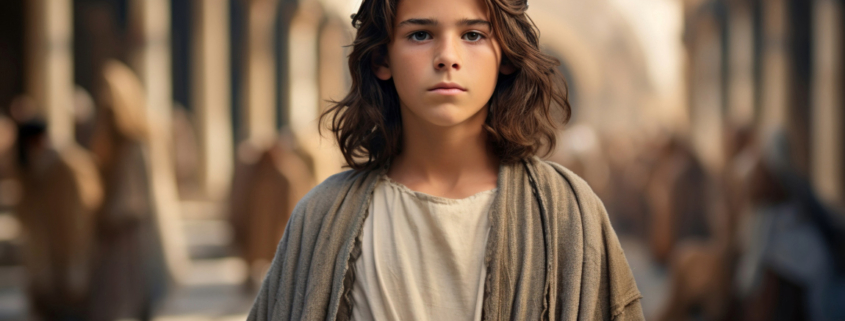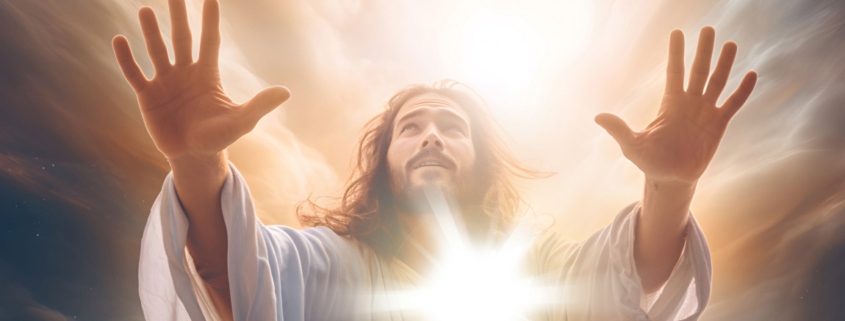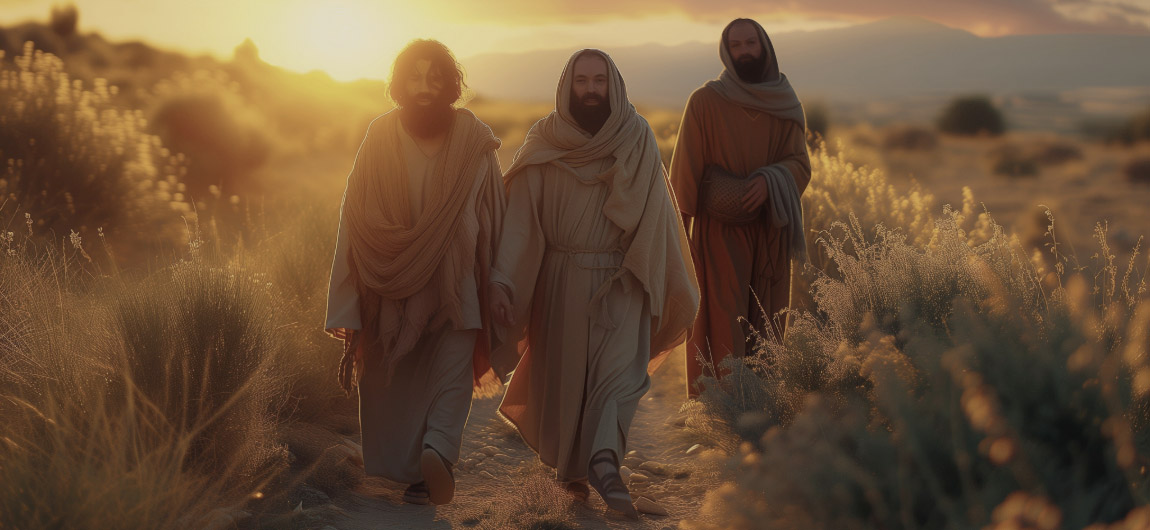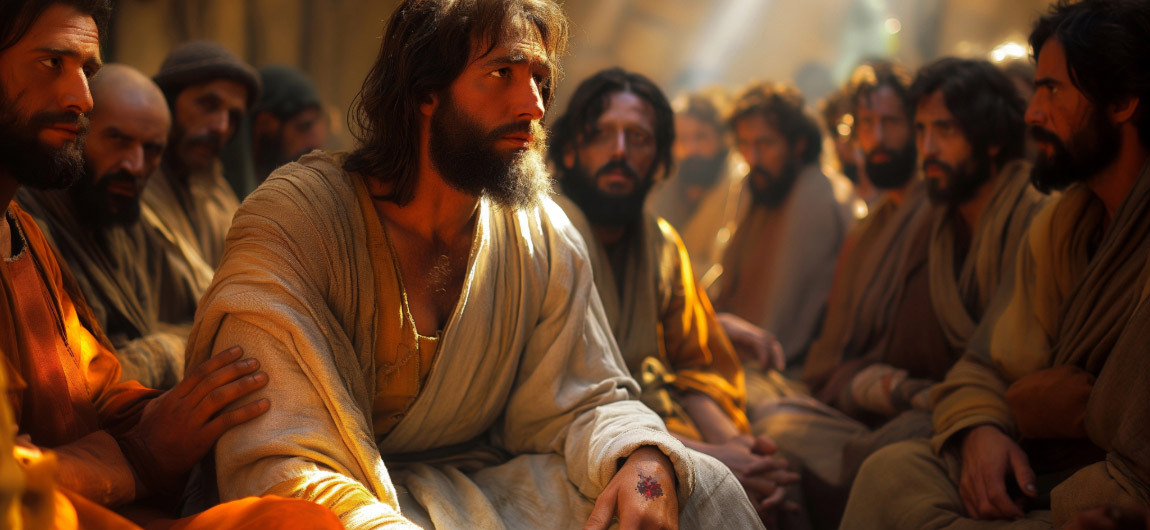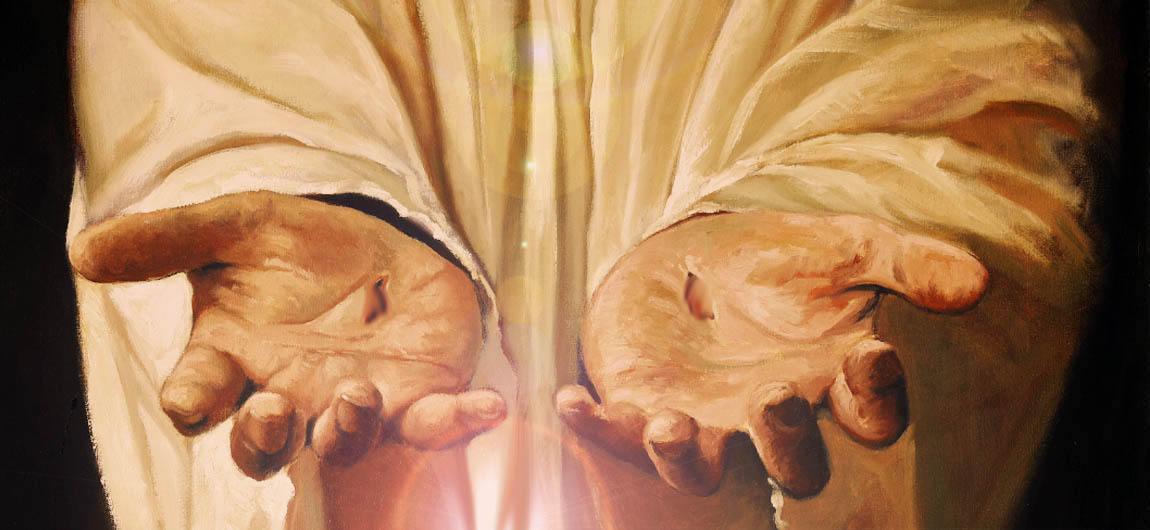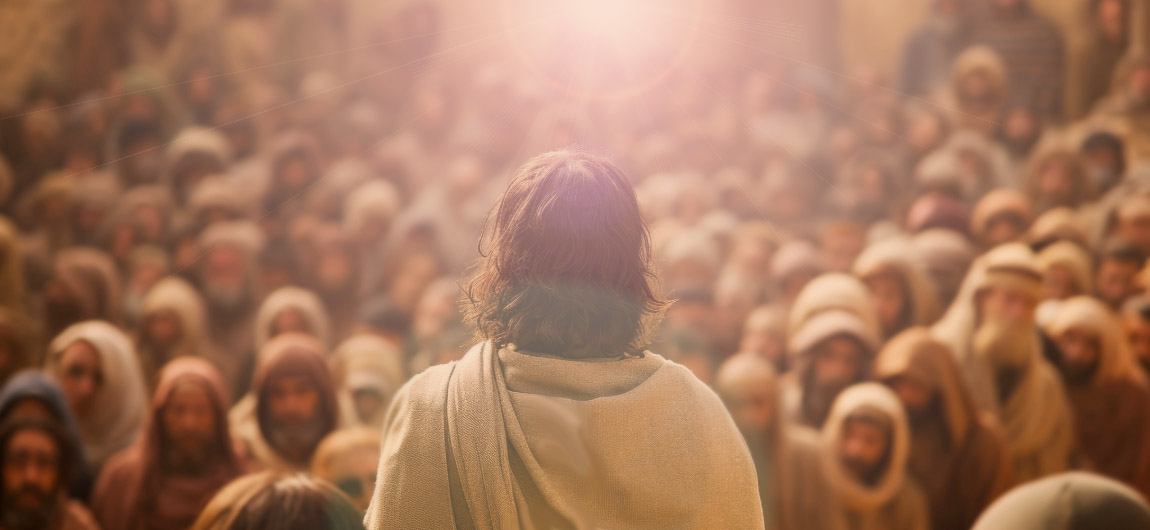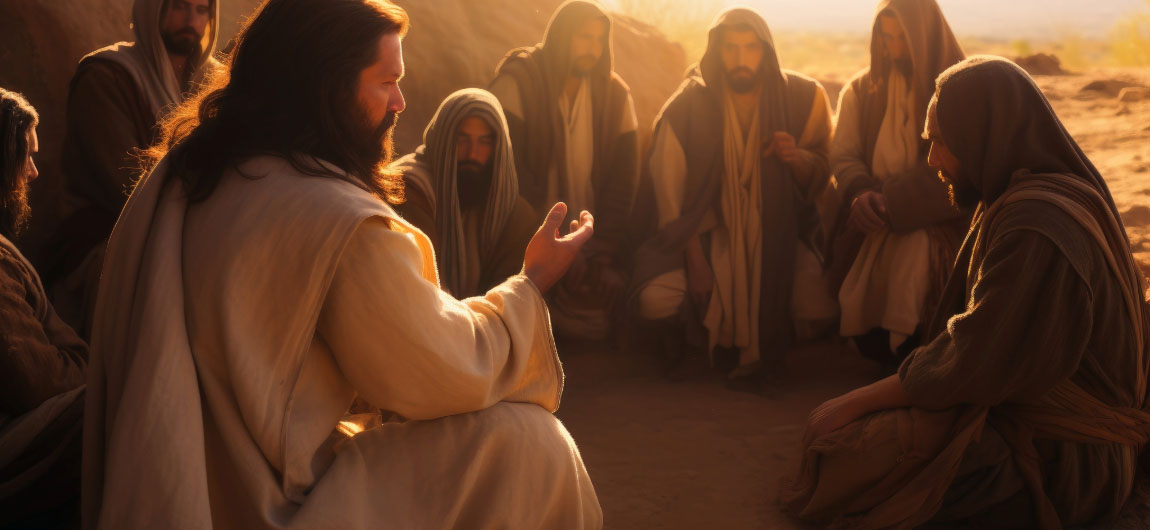Born of a Virgin
“If you could pick the ultimate boss, what would that person be like?” We’d want our boss to be smart, to have clout. Additionally, we’d like our boss to be “one of us,” to have worked the job we have so that he/she could understand our particular challenges. Certainly we’d want a boss who “had a heart” for the employees, so that our best interests would be served.
Then we had suggested: “Wouldn’t we want our Savior to have similar qualities?” Of course! Since Jesus is truly God, we know that he’s smart, incredibly so. And talk about clout, wow!
But what about those other qualities—being one of us, having a heart for us—does Jesus have those qualities? Well he would … if he’s one of us. If he’s a human being, like us, then he would completely understand us; he would understand our challenges, stresses, hopes, fears, dreams, and goals. All of that would be true … if Jesus is a real human being.
Listen! “While they were there, the time came for the baby to be born, and she gave birth to her firstborn, a son” (Luke 2:6,7). Jesus was BORN! Like you were born, like I was born—he was born. Which means what? It means that Jesus is a REAL human being—like you, like me. And that’s great! Since Jesus is a real human being, he understands what it’s like to be human. He understands what it’s like to get hungry and thirsty, to get tired and stressed. He understands what it’s like to have friends turn against you, to lose loved ones, etc. He understands, because as a human being, he has experienced all these things!
But remember, Jesus is also true God, conceived by the Holy Spirit, born of the Virgin Mary. So put those two thoughts—that Jesus is both true man and true God—together. Since Jesus is truly human, he understands us. He has a heart for us because he’s one of us. But since Jesus is God, he can DO things for us! And since he’s God, he’s “really smart,” so the things he does will be the things which make sense for us. In Jesus we find exactly what we need—a Savior who is truly man, but also truly God. As a human being, he understands us. He “gets it.” But as true God, he can do something about it! Most importantly, he can do what we really need—he can save us from our sins!


